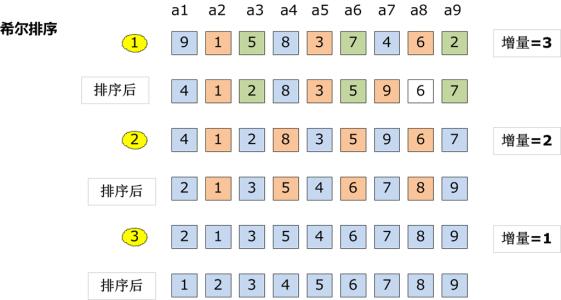The general adwords problem has remained largely unresolved. We define a subcase called {\em $k$-TYPICAL}, $k \in \Zplus$, as follows: the total budget of all the bidders is sufficient to buy $k$ bids for each bidder. This seems a reasonable assumption for a "typical" instance, at least for moderate values of $k$. We give a randomized online algorithm achieving a competitive ratio of $\left(1 - {1 \over e} - {1 \over k} \right) $ for this problem. We also give randomized online algorithms for other special cases of adwords. Another subcase, when bids are small compared to budgets, has been of considerable practical significance in ad auctions \cite{MSVV}. For this case, we give an optimal randomized online algorithm achieving a competitive ratio of $\left(1 - {1 \over e} \right)$. Previous algorithms for this case were based on LP-duality; the impact of our new approach remains to be seen. The key to these results is a simplification of the proof for RANKING, the optimal algorithm for online bipartite matching, given in \cite{KVV}. Our algorithms for adwords can be seen as natural extensions of RANKING.
翻译:一般广告问题基本上仍未解决。 我们定义了一个名为 $ $k$- TyPical}, $k $ $ $ +$ 的子方案, 具体如下: 所有投标人的总预算足以为每个投标人购买美元标价。 这似乎是“ 典型” 实例的合理假设, 至少对中值 $k$。 我们给出了一个随机化的在线算法, 其竞争性比率为$left(1 - {1\ over e} - {1\ over k} - {1\ right} $ 。 我们还为其他特殊广告案提供了随机化的在线算法 。 另一个子方案, 当投标与预算相比小时, 已经具有相当大的实际意义。 对于这个案例, 我们给出了一个最佳的在线算法, 实现 $left(1 - { 1\ \ over e}\ right $ 。 这个案子的前算法是以LP- 质量为依据的; 我们的新方法的影响仍然有待观察 。 另一个子, 当与预算相比, 我们的在线算法的精细化, 。



